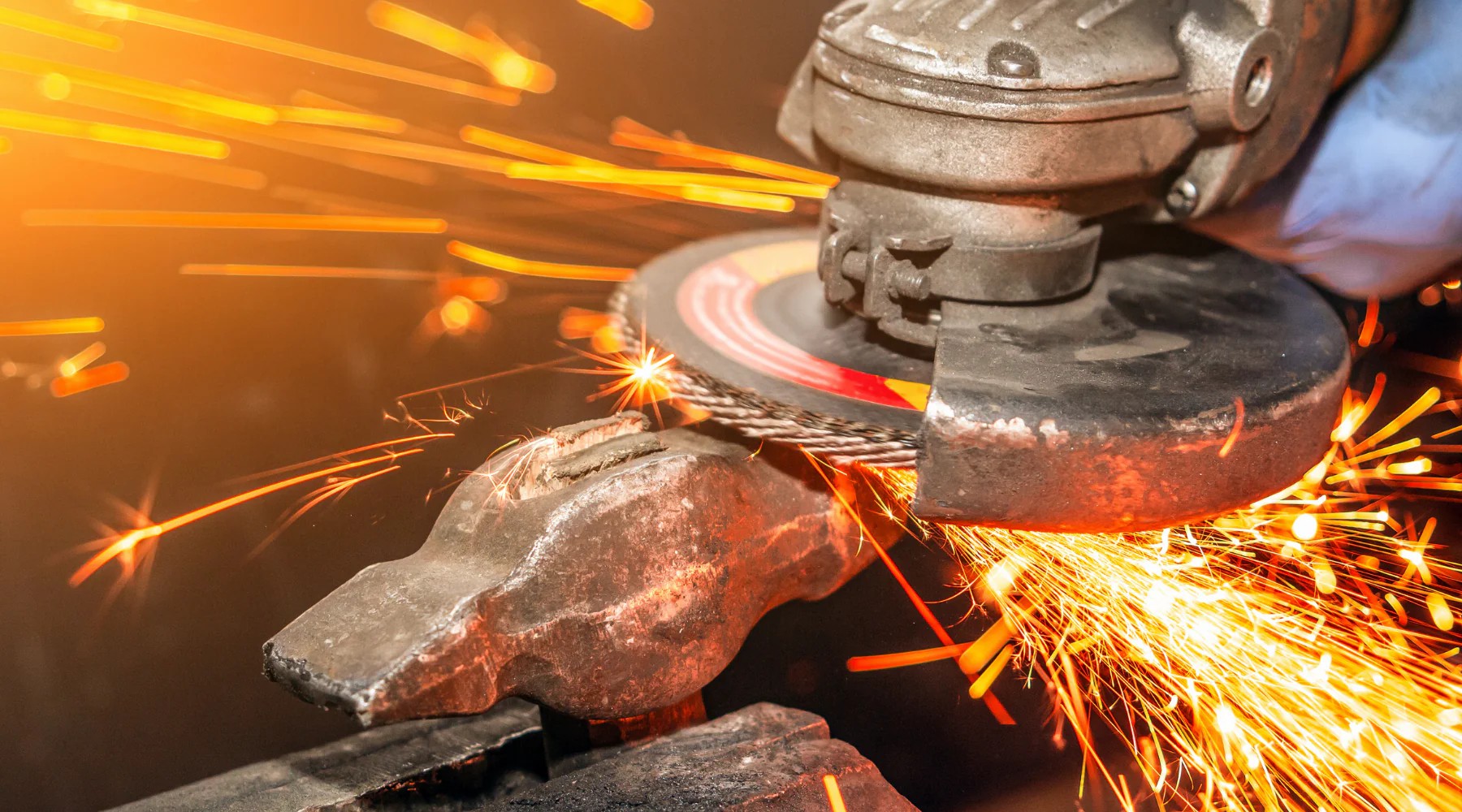


 349,500 Offered Certificates
349,500 Offered Certificates
 24/7 Online Training
24/7 Online Training
 Money Back Guarantee
Money Back Guarantee
 Fully Accredited Courses
Fully Accredited Courses

Created at: 23-02-2025 01:05
Abrasive wheels are essential tools in many industrial processes, yet they also pose significant risks if not handled safely. In this guide, we will explore the various risks associated with abrasive wheels, common workplace hazards, injuries that can occur, and the best methods to prevent accidents. We will emphasize the importance of proper training, safety equipment, and risk assessments, ultimately highlighting the necessity of obtaining an Abrasive Wheels Certificate to enhance compliance and career opportunities across Ireland's key cities, including Dublin, Cork, Galway, Limerick, and Waterford.
Abrasive wheels are used in various applications such as cutting, grinding, and polishing. However, their misuse can lead to serious injuries or fatalities. Common risks include:
The following are prevalent injuries associated with abrasive wheels:
Adopting best practices can significantly reduce risks. Consider the following:
Proper training is crucial for anyone working with abrasive wheels. An Abrasive Wheels Certification provides workers with the knowledge to handle equipment safely and comply with Irish workplace regulations. Training courses available in Dublin, Cork, Galway, Limerick, and Waterford cover:
Completing an Abrasive Wheels Course ensures that employees understand the hazards and are properly prepared. This certification not only enhances workplace safety but also broadens career opportunities for workers across Ireland. Employers benefit from reduced accident rates and improved compliance with safety regulations.
In conclusion, understanding the risks associated with abrasive wheels and implementing robust safety measures are vital steps in creating a safer work environment. By investing in certified abrasive wheels training in Dublin, Cork, Galway, Limerick, and Waterford, you can significantly reduce workplace accidents and foster a culture of safety.
For further information or to enroll in an Abrasive Wheels Course, contact us at [email protected] or visit our website.